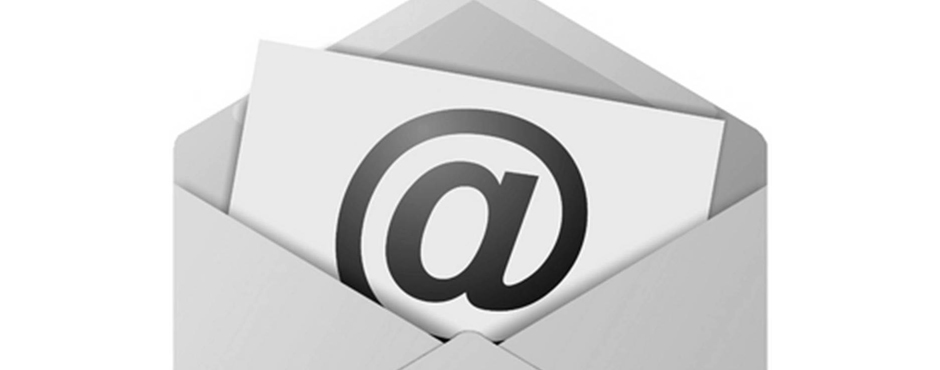Today I am sitting at my desk staring at my inbox full of emails. There are 30 emails waiting for me to open. I know each one of them is important and each one requires an answer. I have a meeting in 15 minutes. I don’t want to be late but there may be something urgent in one of those emails.
How do I know which emails to read?
Typically I scan the emails to look for subject lines of projects I know are urgent. This usually works. I find what I need immediately and the rest can wait until after my meeting.
But I pity my poor boss who mentioned in the meeting she has over 250 emails sitting in her inbox.
My first thought, did she read my emails from yesterday?
Then, that made me think.
Does she know which ones are urgent?
There must be others who are faced with this type of situation. I began to question myself, how can I get more attention for my emails at work? Is it because there simply isn’t enough time? Is there a way that time management at work will help?
Maybe, but there are other ways.
Time management is important but it is more a symptom and doesn’t get to the root cause. If your email is not working to get the attention you need here are a few suggestions.
My best tips on HOW TO WRITE EMAILS AT WORK
Choose your emails carefully
It’s mostly common sense but common sense seems to fly into cyberspace where email at work is concerned. And that is to choose your emails carefully. It stands to reason if you are known as that person who emails about everything, if you become the boy who cries wolf, your email will go to the bottom of the list.
If anything is the kiss of death in the email war, then this is it.
If you haven’t thought about it before now, your personal competence is being judged every time you write an email. If your email is convoluted then people will think you are convoluted. Either consciously or subconsciously they will label you as an unclear thinker. Not the type of person they want on their team.
Before you send an email consider its value and whether it will help to advance your cause if it doesn’t then don’t send it.
Prepare your subject line carefully
Be clear in what you want in the subject line and provide a deadline if possible.
For example, “Approval to proceed required by Thursday 2 pm” or “Feedback request by noon today”.
You can even use the subject line for a question. “Can we meet at 3 today?” “Our meeting today is changed to Friday”. Or what about a response to a question? “Yes I will be on Flight 429 leaving at 4.30.”
Aim for quick answers
I’m sure you do it yourself. You look for the easy emails and you answer them first. We tend to answer emails first that require a quick response or a quick answer.
Is there any way you can accomplish what you need by breaking it down to a very simple question?
If it is not a question and requires more detail, consider putting a 2 or 3 line summary at the top of the email and the balance of your content following. Often the extra information you provide is either background to the summary or to support your due diligence. If the reader is familiar with the subject they may not need this extra information or will skim it quickly after they read the summary. Either way, they have spent less time on the email and there’s a good chance you will get a faster response.
Pretend you are on your phone
You know you should keep it simple. You may try hard to keep it simple but it isn’t always easy particularly for those emails at work that are … well, more complicated. A simple trick is to pretend you are texting on your phone. What would your email look like then?
Limit yourself to one subject per email
When there is more than one subject per email it is difficult to respond to all the different subjects. Some may not have an answer, some need an urgent response and some are on hold. Then, when you receive the response to a multi-subject email you need to track which subjects had answers and which did not. It can become complex and almost overwhelming when there are too many subjects in one email. When we limit ourselves to one subject per email we make it easy for others to answer.
Turnaround is fair play
If you expect others to respond to your emails quickly then you must do the same in turn. Don’t be the bottleneck who holds up the email at work.
Writing the best emails
In the beginning you may feel that writing the best emails take more time since you will need to compose your thoughts, you will need to take those extra few minutes and think, really think before you hit the send button.

